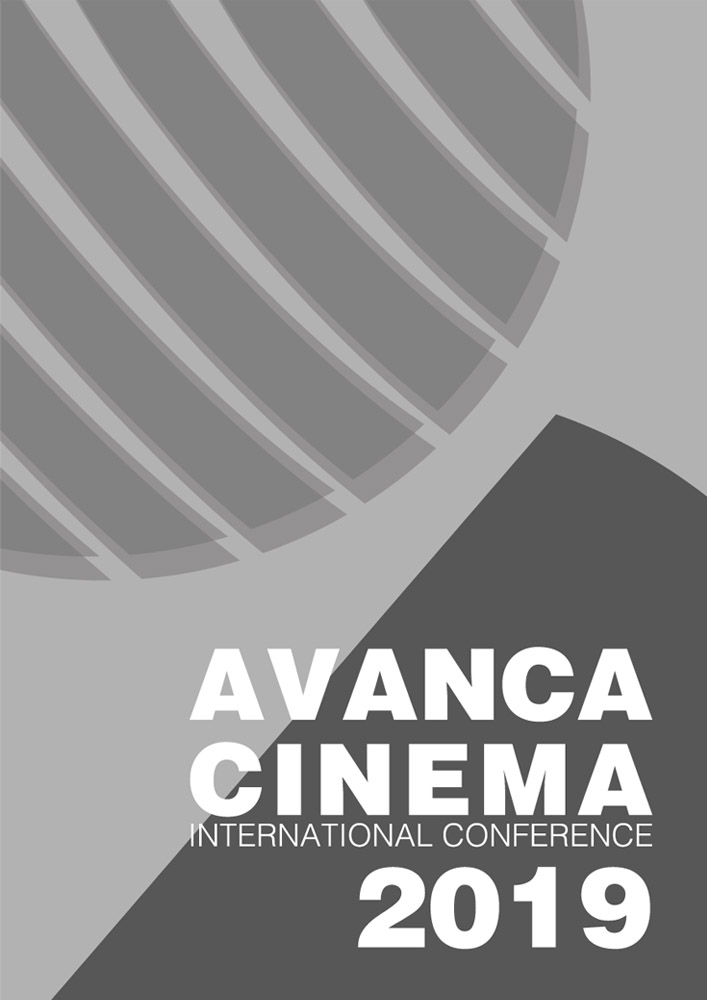Chapter II _ Cinema - Cinema
O mar e os pescadores ou a ténue fronteira entre a realidade e a ficção no cinema de Leitão de Barros.
Abstract
José Leitão de Barros is an unavoidable name of the Portuguese cinema from the 20s to the 50s. Despite having worked during a dictatorship, one can see in his films traces of an authorship mark that go beyond the ties of the regime. One of these marks is a coherent universe that passes through several films. During his career, he has directed five movies that have the sea and fishermen as its main theme: Nazaré, Praia de Pescadores (1929), Maria do Mar (1930), A Pesca do Atum (1939), Póvoa de Varzim (1942) e Ala-Arriba! (1942). At first sight, we could think that this set of films had a similar structure: two documentary short films of a particular location (Nazaré, Praia de Pescadores e Póvoa de Varzim) would frame two feature films made shortly after in those same locations with the participation of the local population (Maria do Mar e Ala-Arriba!). However, this is not the case as we intend to show how A Pesca do Atum is more a preamble, or a preparatory study for Ala-Arriba! than Póvoa de Varzim itself. We will also focus on the strong documental aspect even of the feature films, which is not a surprise as, according to José Manuel Costa, Leitão de Barros was in line with the international trend of the 20s that inspired the origin of documentary as a film genre.

This work is licensed under a Creative Commons Attribution 4.0 International License.

